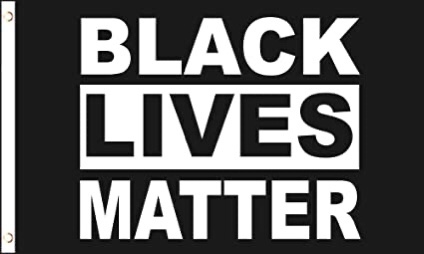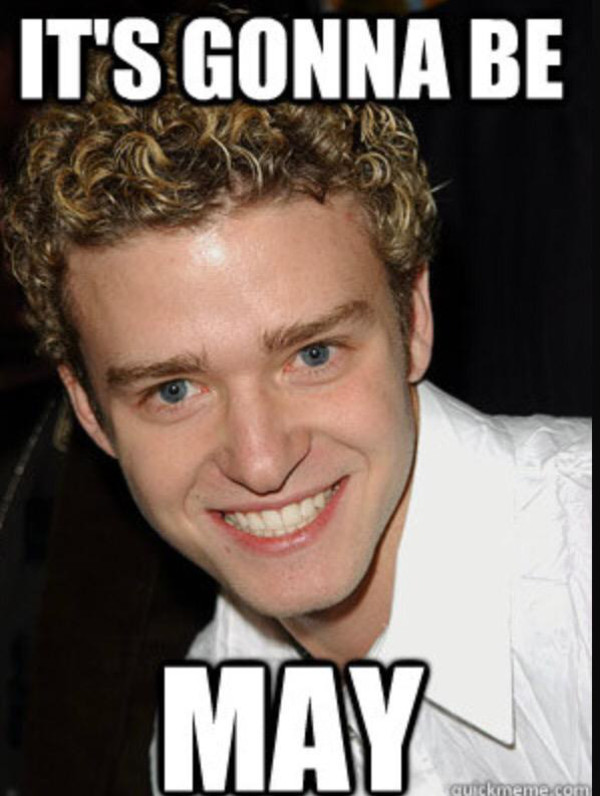
It’s strange to see the community that fought so hard against being called “differently abled” switch back to insisting autism isn’t a disability.
Maybe you don’t consider yourself disabled, and you don’t have to. But don’t tell me that I’m not.
There is a middle ground between “tragically broken” and “just differently abled!” And I feel that a lot of us exist in that middle area. The narrative I’m seeing pushed by other autistic folks lately is that we are “only disabled by society/capitalism” and that statement is incredibly dismissive to those who are like me. I’m even what they call “high functioning” (now better reframed as low support needs). I have a steady job. I have an apartment. I have a lot of independence and freedom in my life. All of this is true and I am still disabled.
So why is it that it’s not just “society” that disables me? Capitalistic, ableist society absolutely makes life as a disabled person worse. I’m not saying it doesn’t. However, we could live in a utopia, and at the end of the day, I will still struggle to take care of myself. The part of my brain that controls executive functioning does not work as well as a neurotypical’s. That is a fact. This is where folks start to tell me “but why does it matter? If we all had support needs met, it would be fine.” I even had someone insist that communal living would eliminate disability. It’s insulting. Communal living is not ideal for everyone. How many of us need time alone? Would this ideal world just have some personal assistant that follows me everywhere, remembers the things I forget, and does everything for me, while also managing to not overwhelm me?
Let’s look at this another way. I suffer from chronic migraines. This is also disabling to me. Because of my migraines, I can’t always do things other people can. However, I have a medication that stops the onset of migraines. We could call that a support. The fact that this medication exists is life changing. However, it isn’t going to work every single time. Sometimes I’ve waited too long to take it. It also takes over an hour to kick in. If I don’t eat before I take it, it wrecks my stomach. I’m going to take it, because it’s better than sitting through a migraine. But my life would 100% be better if I just didn’t suffer from migraines.
I realize this comparison is flawed, and I own that. I think most people would agree with me that there are no positive aspects of migraines. There are absolutely positive aspects of autism and I am not discrediting that. I like my creativity, my passion for justice, thinking outside the box, and my empathy. All of these things are positives that I directly attribute to my being autistic.
But to tell all autistic folks that “we are not disabled” is a blanket statement and honestly, a lie. A harmful one at that. Even if someone could think of a utopia that fit everyone’s needs, it isn’t our reality and probably never will be. You can push for that utopia all you want. I’m not discouraging you. What I’m discouraging is telling someone else whether or not they’re disabled, or making blanket statements for all of us based on your own experience or idea. Think about what the word disability means. Not able. There are things we are not able to do. We need supports. And, if we want to look at a social model of disability, like our SSDI system in America, it’s already incredibly hard to get supports.
Now, beyond the social model and “utopia” talk. With supports, I am still disabled. The supports I can get do help, but they are a band aid that I still feel like I’m bleeding through sometimes. I have friends in my life that will and have come over to help me clean when I felt like I was drowning. You can argue that cleaning is a social expectation, sure, but my inability to stay organized is detrimental to me even if no one ever came over or saw my space. I’m not even talking about getting it sparkly clean, but even getting to a functional space is a constant stressor. Not being able to find things I need. Mess piling up in a way that can turn unsanitary. How many of us struggle to brush our teeth regularly? That is something that literally affects our health. Even if I’m not worrying about what others expect me to do, I’m still going to wish I could even get myself to do things I want to do, like making art.
I haven’t even gotten into the fact that some sounds physically hurt me, or the fact that my SPD affects my ability to sleep, which affects my physical health. Or the physical ailments that often accompany autism like gut issues.
I’m not “pro cure” and I want to make that absolutely clear. I do value myself and being autistic does make me unique in ways I wouldn’t want to change. But to only acknowledge the positive and not the disabling factors many experience is going to cause us even more struggle to get help for those things. I don’t want to delete autism from the gene pool. I do want treatments targeted at symptoms to be studied more so they can be improved.
And I especially want others, whether it’s neurotypicals or other autistic folks, to stop defining me. Again, I’m not a tragedy or inspiration, nor am I an indigo evolution of mankind. I’m not even “differently abled.” I am disabled, and that’s okay.



